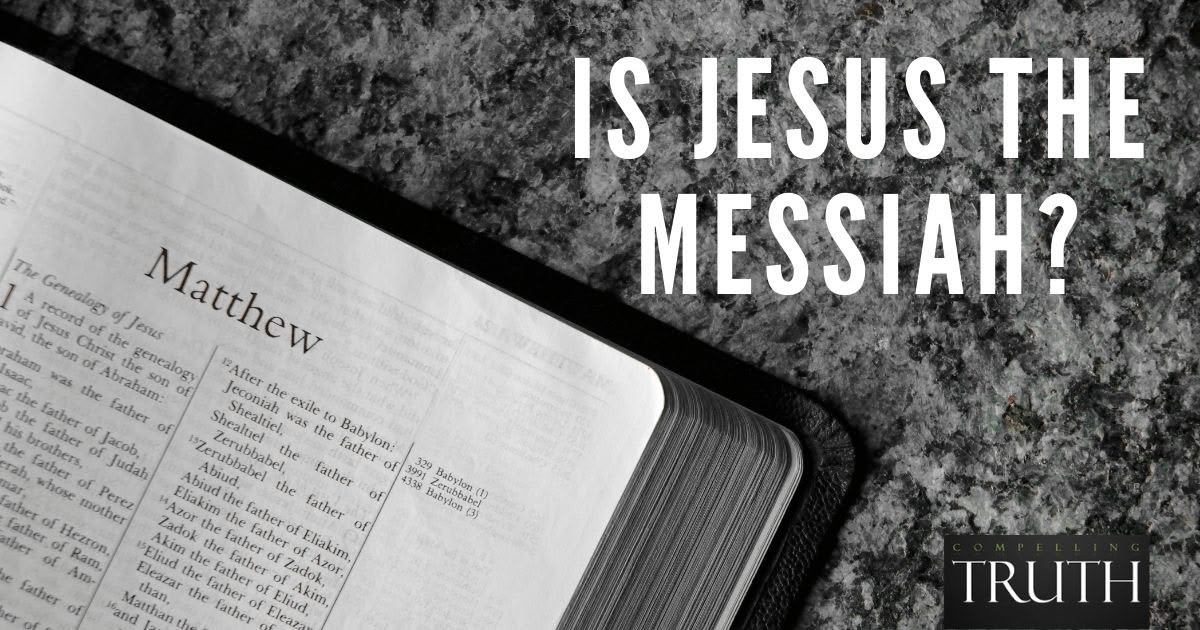what does the bible say?
Zerubbabel can be remembered as a member of the messianic lineage of Christ, a leader who faithfully served God by governing His people well, and an organizer who oversaw the God-given task of rebuilding the temple in Jerusalem. Zerubbabel was born in Babylon during the exile and later led a group of Israelites back to Jerusalem after the king permitted their return. He was appointed governor of Judah and was regarded as a potential restorer of the Davidic kingship. Despite facing obstacles, Zerubbabel remained faithful to God's call, overseeing the construction of the temple, which was eventually completed despite interruptions. God's promise to Zerubbabel, as conveyed through the prophet Zechariah, was fulfilled, signifying the significance of divine intervention over human effort. In the New Testament, Zerubbabel is listed in the genealogies of Jesus, highlighting his role as an ancestor of the Messiah.




